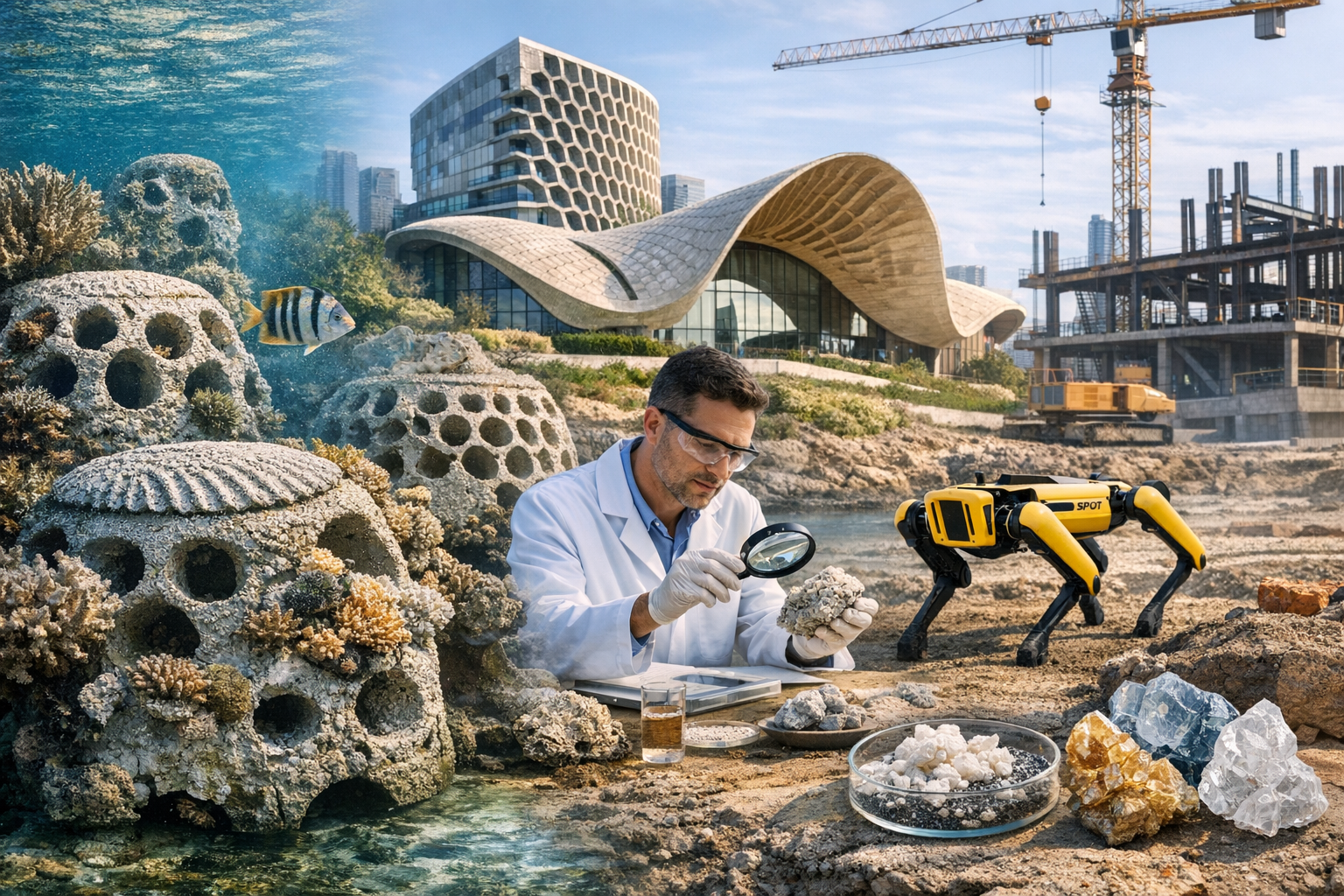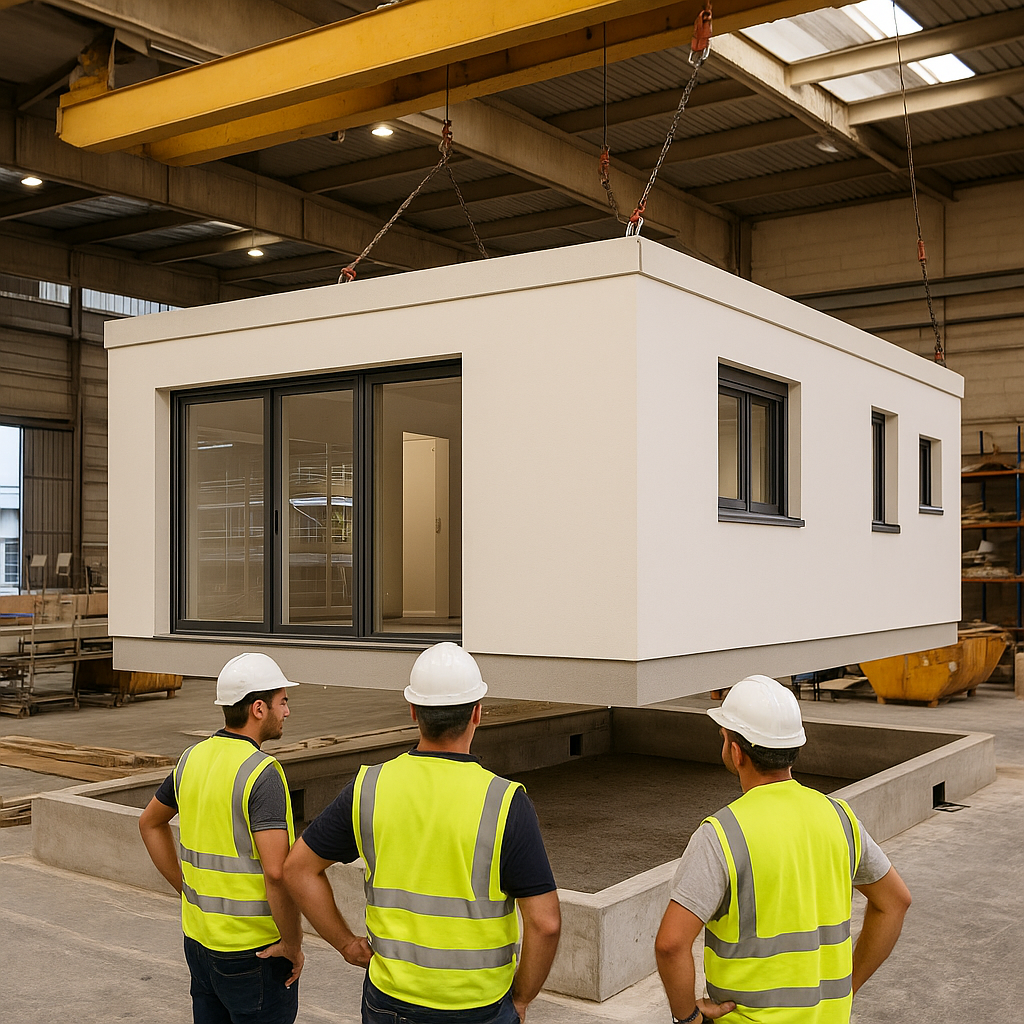The future for PropTech- meetup summary
The keynote speakers included Zachi Flatto, CEO of Contech Israel, Oded Caspi, founder of Cyrus Ventures and private tech investor and Issac Thomas, associate director at Green Towers Development. Presented with case-studies and analytics from the field, guests were exposed to the bustling.
PropTech scene taking pace in Germany and Israel. The speakers presented ways in which new startups and concepts are reshaping the real estate sector and were later engaged in a panel discussion with the guests.
So what is PropTech?
The PropTech sector is a rising new tech field on the startup map aiming to transform the traditional world of property/real-estate on various scales through innovative technologies.
These can create added value for new or existing projects with the goal of increasing overall ROI and creating a better built environment. Naturally, Covering such a wide scope of the real-estate cycle has many overlaps with fields such as construction tech, smart cities, big data and more, providing a rich playground that challenges professionals from various fields to collaborate like never before. In a sense, it can be viewed as the ׳bottom line׳ these fields bring to the developer’s table, focusing on the empirical and quality factors of the end project. Some interesting use-cases involve giving investors a market edge through supplying access to real world AI data analysis for optimizing asset management and deal decision making. Others use smart façade technologies to create a healthier living environments inside apartments in dense urban areas.
Keynotes:
From drones to smart offices:
In a roundup of some notable ventures coming from the Israeli construction-tech ecosystem,
Contech CEO, Zachi Flatto outlined some of the main verticals for current startups, which included: novel tech for the construction site, mix-use/ multi-purpose real-estate for optimizing asset usage and novel material systems. In his keynote, Flatto outlined some of the strategies for connecting startups to the mass construction sector as well as the boundaries which are yet to be solved. Flatto also explained Contech’s role in bridging between the traditional construction sector with new innovation coming from Israeli startups both on a local and international scale. Also noted were some cardinal pains and verticals in the global construction industry that the Israeli Contech startups are trying to solve. These include: construction automation, on-site safety, green materials, BIM
optimization, robotics and more.
A wake-up call for investors:
In yet another keynote, Oded Caspi, founder of Cyrus ventures, discussed the potential for investors in the PropTech sector as well as outlining some of the barriers preventing mainstream investors from entering the field. ‘Investors often look at a field from a bird’s eye perspective, without going too deep in to the details’, explains Caspi. ‘The aim is to seek proven models and past success cases to base the analysis on’. Caspi adds that while this approach has its advantage in the classic startup world, it also makes it very difficult to enter new fields with many unknowns and little history. While it is clear that without investments, PropTech will find it very hard to rise as a sector, applying models of existing successful startups from fields like IT, cyber security, software services etc. will prove difficult when addressing the very physical and traditional real estate market. Coming from the software field, Caspi calls for a dialog between different disciplines that would lead to a new
perception. The potential, however, is surely there as many tech investors are keeping an eye out for new opportunities.
Building a green skyline:
A third keynote was given by Issac Thomas, associate director at Green-Towers, a real estate
company working in London and Frankfurt, addressing the potential of green building design as a way to gain a leverage and create an added value for towers in dense cities. Thomas explains that as cities get denser and denser, it is getting harder to find green spots and open land. The notion of allowing green towers that embed vegetation and climatic control provide a win-win situation for the inhabitants as well as theirq surroundings. A few study cases were given to demonstrate how Green Towers combines the power of eco-friendly technologies with construction design to create a better overall ROI for the developer while keeping the budget at feasible price points.



